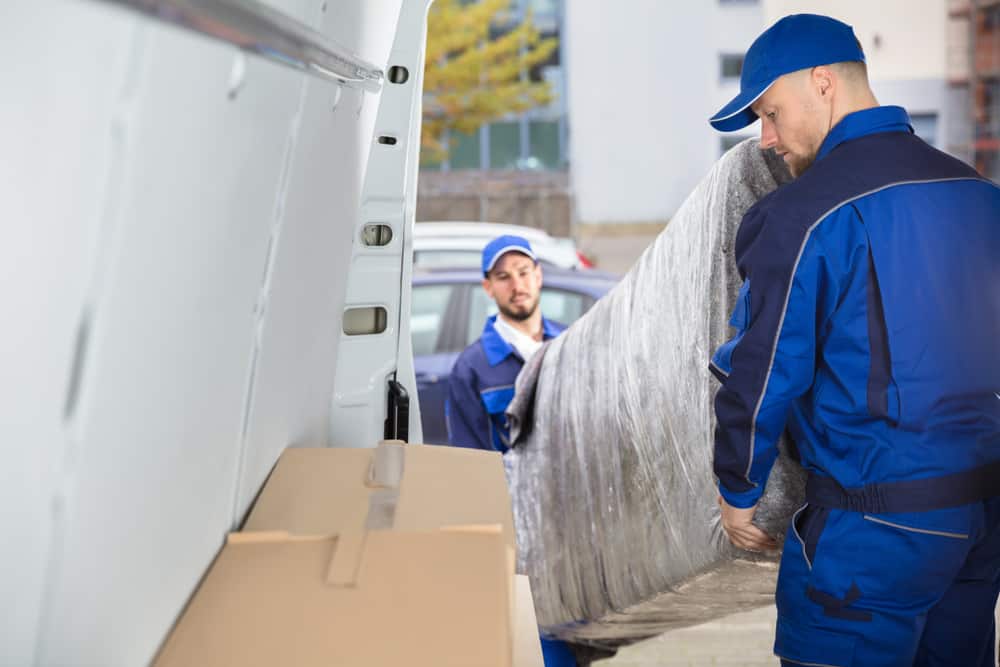The coronavirus pandemic forced many companies to adapt the way they manufactured and packaged their products, as well as how they shipped them to their final destination, according to Karen Tyndall, GlobalTranz Inc.’s director of customer solutions.
“What we found was that [customers] were buying online and ultimately making those purchases from their living room,” Tyndall said. “The unique challenge to final mile is that when you have the challenge of getting products into a customer’s hand safely, and also in a timely manner, many companies that were not prepared or aligned with providers to even facilitate that service were scrambling to buy capacity within the market.”
FreightWaves Market Expert and analyst Zach Strickland talked with Tyndall during a virtual Fireside Chat, “B2B vs. B2C Last Mile Strategies,” during the FreightWaves Last Mile Logistics Summit on Thursday.
The event is streaming live Thursday on FreightWavesTV and on freightwaves.com. Phoenix-based GlobalTranz is a technology and third-party logistics solutions company.
E-commerce sales across the United States are projected to grow 18% to $709.8 billion in 2020, according to a recent report from market research firm eMarket.
Final-mile, also known as last-mile, logistics is a specialized mode focused on the final leg of a shipment’s journey to its destination. Since the pandemic began, the final mile has typically been to a shopper’s home.
With the explosion in online sales directly to consumers, Tyndall said many companies had to pivot their focus to final-mile delivery.
“One example of that is [GlobalTranz] was contacted by a company that makes and sells fitness equipment,” Tyndall said. “What they had typically sold into was gyms and fitness centers. But with the onset of COVID-19, all of a sudden, they were receiving sales directly to customer homes, because they still wanted to work out.”
Tyndall said many companies like the fitness equipment manufacturer scrambled to find carriers that could service those types of deliveries.
“They had to find providers who could get those products packaged in a way that allowed them to sustain the rigors of transit and ultimately get delivered into a customer’s home without hurting the customer brand experience,” Tyndall said.
According to the Bureau of Labor Statistics, the number of trucking jobs across the U.S. rose by 10,000 in August to 1.45 million. Around 8,000 courier and messenger jobs were also added in August, bringing the total to 923,000.
With the shift in buying patterns and shifts in trucking capacity, Tyndall said many companies were forced to diversify their carrier portfolio and bring additional providers into their network, which can create tracking and visibility issues with goods.
“Partnering with a third party provider that is adept in handling those challenges, making sure that the carriers understand this is what’s expected with each and every delivery, setting up compliance metrics, that ultimately scores these providers and ensures that to remain in the program, they have to meet different certain service levels and expectations or their cut from the program, it motivates them and ultimately ensures that the customers are getting a consistent level of service,” Tyndal said.
Click for more FreightWaves articles by Noi Mahoney.
More articles by Noi Mahoney
Borderlands: Seko Logistics to open new facility in Dallas; Chinese firm opens new auto parts plant in Mexico











